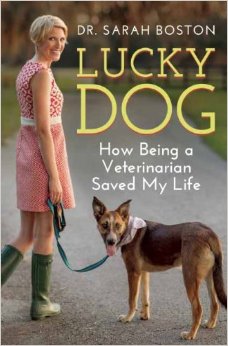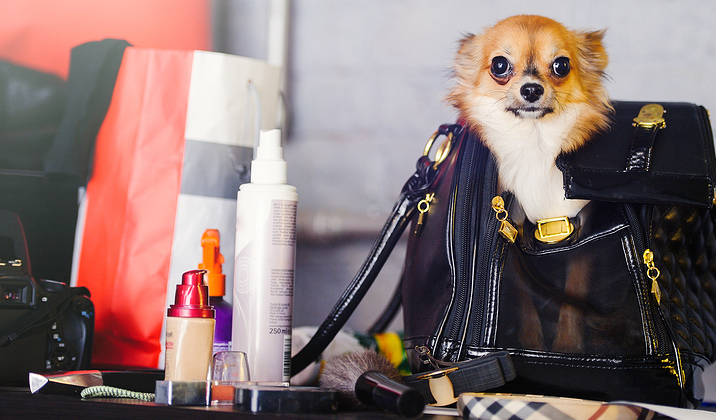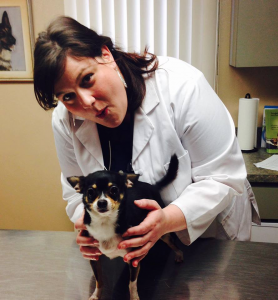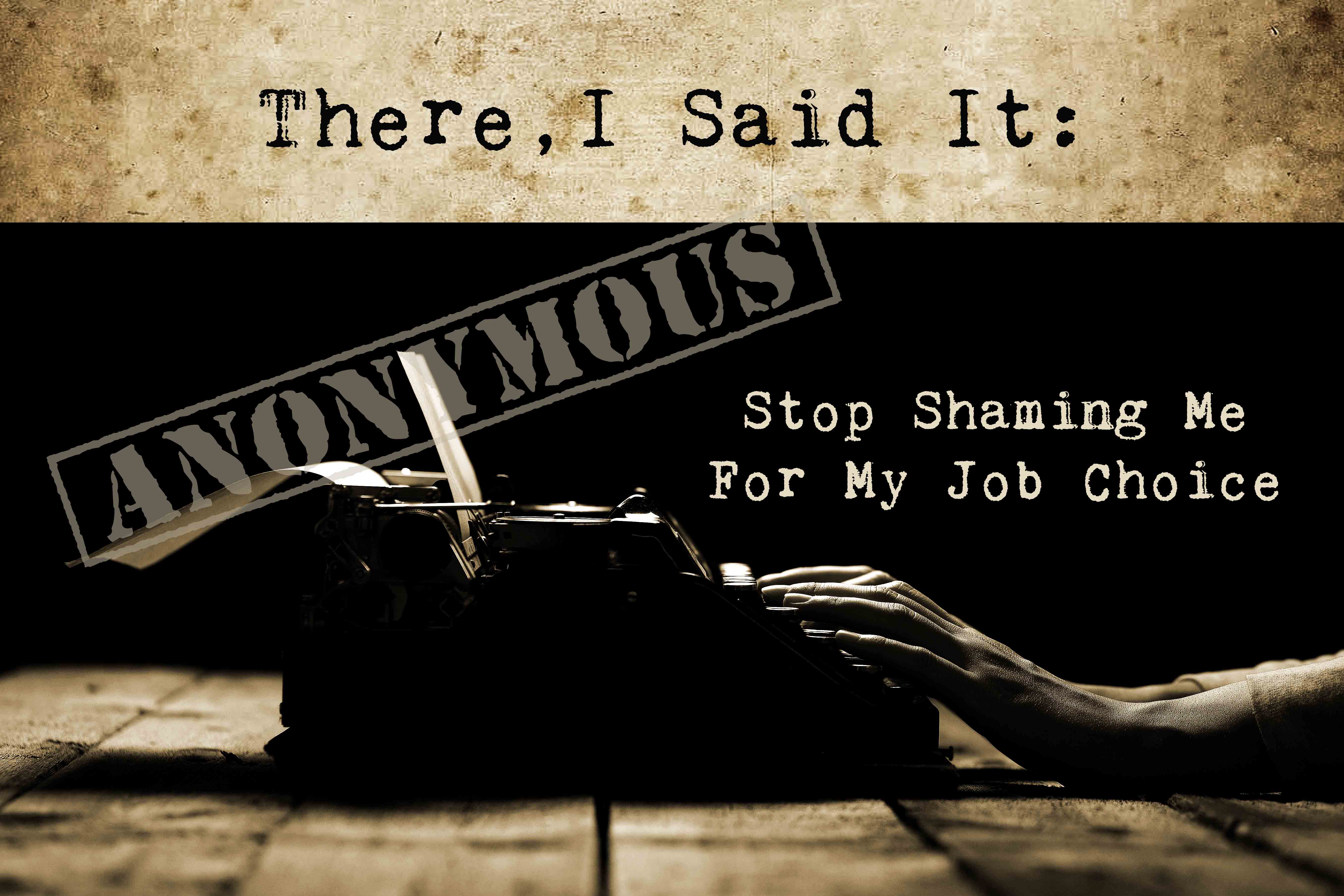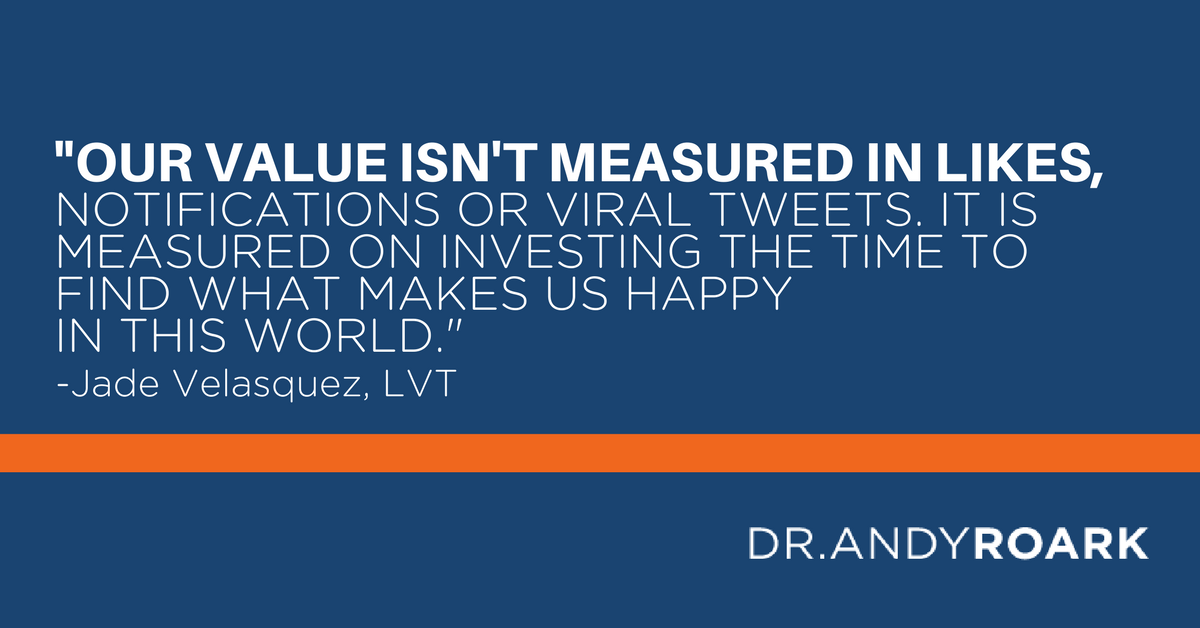I am undyingly passionate about providing support for those in the field struggling in a toxic work environment. I run a Facebook group with the intent of being there for those in the field who need an outlet. I have spent the last two years of my life listening to people tell me about working for clinics who psychologically abuse their staff.
At times the clinic culture borders on sexual harassment or physical abuse. With every story I hear, part of my soul cries with earthquake intensity. I am done crying now, because tears don’t fix anything. Now I am angry. I don’t want these lost souls to give up. All I can think to myself is, “Goonies never say die.”
Silly, I know. Stick with me. The phrase meant something at one point. At what point did we lose our childlike personalities? We were once young and excited. We looked at the world with fresh eyes and lived our lives with the most basic emotions: kindness and respect. I remember watching in awe as Mikey and his gang of social misfits went on a crusade bigger than them. They fought against those in authority who were set on the destruction of their families and their childhood. They spoke up and acted. Why? Because it was the right thing to do.
I think a lot of us used to be like that before student loans, bills, car payments and life sucked that innocence right out of us. But we can change that. I am asking you to be the unwavering voice for the new technician hazed into paying her dues in the clinic. A technician who is criticized and publicly shamed by her colleagues to remind her of “her place.”
I am begging you to be a beacon of kindness to the recently graduated veterinarian, who needs help wading through the intense responsibility of their profession. For the receptionist dealing with clients who want to know why their pet’s flea medication costs so much as they chuck their debit card or a wad of crumpled bills on the counter. We need kindness in this world. No matter our education level, experience level, or salary we all deserve two things in this world: happiness and respect.
Happiness. We used to push for it more, then life just got busy. We kind of just went with the flow and let life happen. When the looming threat of being forced out of their childhood neighborhood became apparent, how did the gang from Astoria deal? They went on a last adventure together, following a weathered and tattered map in pursuit of One Eyed Willie’s treasure. They didn’t tuck their tails and spend their last hours watching MTV play music videos. (That used to be a thing on MTV. Music videos. True story.)
Being together made them happy so they spent their last hours together as a team, eluding the Fratellis and navigating booby traps. At times, they drove each other crazy but they still deeply cared about one another and their friendships. Sure, the quest for jewels, gold and wealth was the initial goal, but through it they learned that friendship and happiness are worth fighting for. It still is. So, keep fighting.
We all deserve respect. I don’t care what position you hold in veterinary medicine; you deserve to be treated as a human being. Sometimes those who say they care about us the most are the ones who respect us the least. I think of Mamma Fratelli doting on her sons while she kept Sloth chained in the basement. She claimed a mother’s love while isolating, demeaning and disregarding him as a person. All it took for Sloth to find his strength was one person to listen to him and treat him like a human. That was Chunk, who had his own issues with being respected by his peers. Together they bonded and found the heroes they had always been. Everyone has their own struggles and pain. Respect them and maybe offer a helping hand or a listening ear. Through that we become true heroes. “You’re gonna live with me now. I am gonna take care of you.”
Join me in speaking up and out for those who are hurting. Bullying and abuse are often very visible. But people stay quiet. Bystanders believe it isn’t their business or maybe even not their place. We have a choice. We decide what we will and won’t tolerate in our lives. To a degree, we can mold the world around us. We can speak up and out and fight the good fight. For the downtrodden, for the wounded. For those who need us. We only get one chance in this world to make a difference. To follow that tattered map to our happiness and purpose. And so, I close with one of my favorite childhood quotes. “Down here it’s our time. It’s our time down here.” We don’t get a do-over, folks. This is it. Make it a good life for yourself and for others.
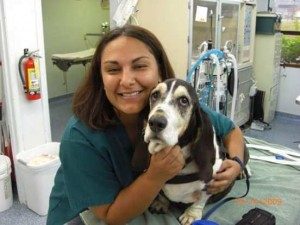 ABOUT THE AUTHOR
ABOUT THE AUTHOR
Jade is a licensed technician of 9 years who lives in Port Orchard, Washington. She enjoys emergency and critical cases, dentistry and creating a bond with her clients and team. During her off time she is busy keeping up with her two crazy Basenjis!

 About the Author
About the Author

